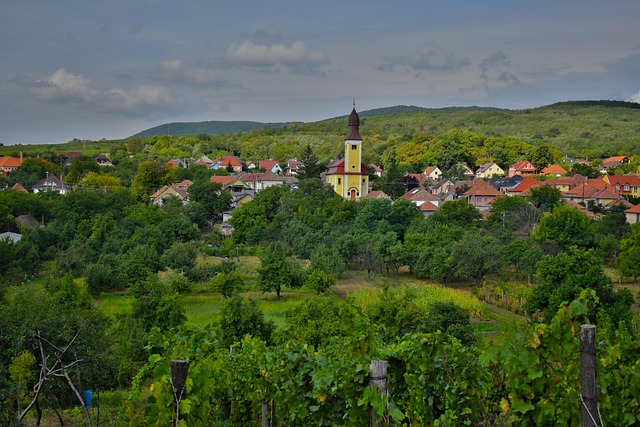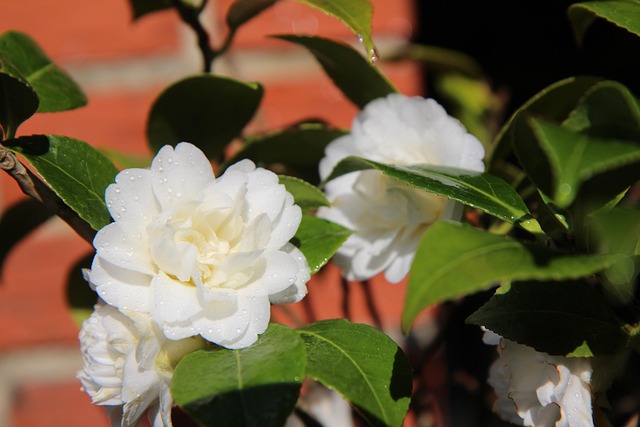Throughout the ages, religion has woven itself into the fabric of human existence, shaping our understanding of time and spirituality. Holidays serve as a profound reflection of this relationship, inviting individuals into a shared experience of faith and community. The eternal essence of these celebrations transcends the present moment, connecting believers with a rich tapestry of rituals, stories, and communal values that have endured through generations.
The meaning of holidays varies across the diverse spectrum of religions, yet a core principle remains: they symbolize moments where the finite meets the infinite. Whether it is Diwali, Christmas, Hanukkah, or Ramadan, each holiday holds an eternal promise of hope, redemption, and spiritual renewal. These celebrations encourage participants to step outside the mundane rhythm of daily life and immerse themselves in a greater purpose and understanding.
For instance, during the festival of Diwali, families gather not only to light candles and share sweets but to affirm their connection with the divine and each other. The act of lighting diyas serves as a metaphor for dispelling darkness and inviting eternal light into our hearts. This spiritual illumination symbolizes the fight against ignorance and the pursuit of knowledge, reminding us that the journey to enlightenment is lifelong.
Similarly, Christmas embodies themes of love, unity, and the eternal gift of faith. The story of the Nativity connects believers back to a moment in time with profound significance, reminding us that the message of compassion and redemption is timeless. Engaging in traditions like caroling, gift-giving, and feasting with loved ones reinforces a sense of community that transcends individual beliefs, drawing people into a circle of togetherness.
In Judaism, Hanukkah not only commemorates a historical event but also serves as a reminder of resilience and perseverance in the face of adversity. Each night, as the menorah is lit, the glow signifies faith that endures beyond physical circumstances, representing hope for a brighter future—a truly eternal concept. It reminds individuals that their identity and aspirations are linked to a broader narrative that has stood the test of time.
Ramadan stands as another pillar of faith, inviting Muslims worldwide to embark on a month of fasting, reflection, and prayer. This sacred time embodies deep spiritual significance, as worshippers commit to self-discipline and connect an individual practice with a larger community. The rituals foster compassion and generosity while culminating in Eid al-Fitr—a moment of shared joy and gratitude, reinforcing a sense of collective belonging that echoes through eternity.
As we explore the eternal meanings behind holidays in various religions, it becomes clear that they are not merely recurring dates on a calendar. Instead, they are significant markers that allow individuals to pause, reflect, and reconnect with their faith and each other. Through these communal celebrations, believers find solace and strength in shared customs, transcending the passage of time.
In our fast-paced world, it is essential to recognize the beauty of these moments. The eternal significance of religious holidays reminds us to cultivate gratitude, empathy, and a sense of purpose. These occasions challenge us to understand that while life may be temporary, the values and teachings derived from these sacred observances are everlasting. Embracing the essence of these holidays, we allow ourselves to step into a deeper dialogue with our spirituality and foster a boundless connection with those around us.




